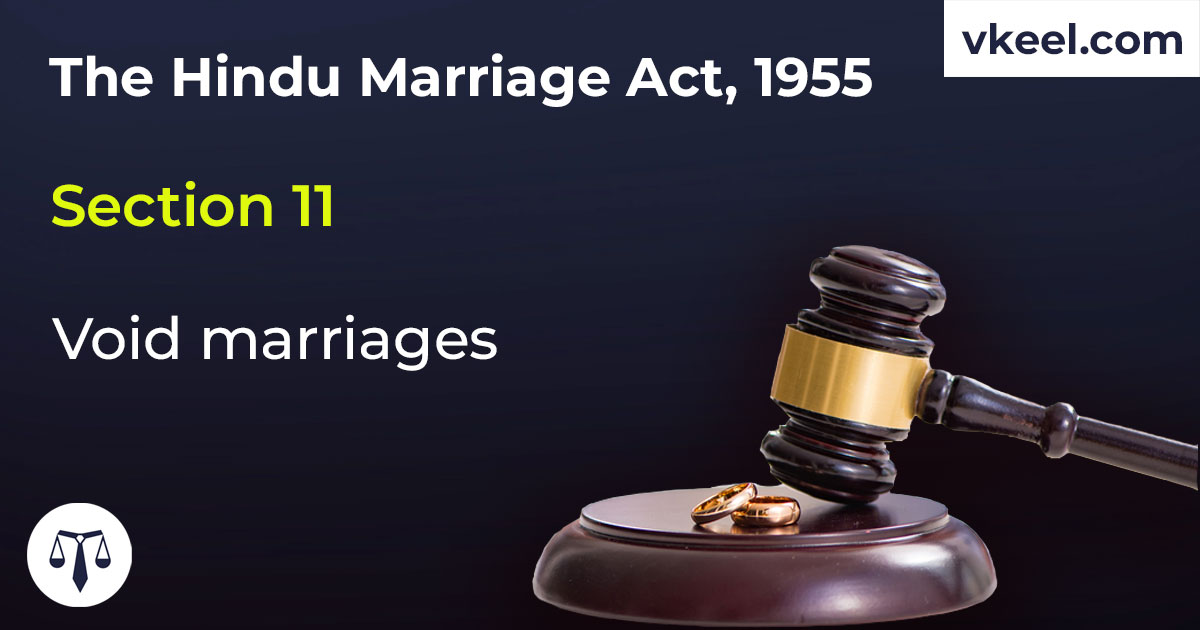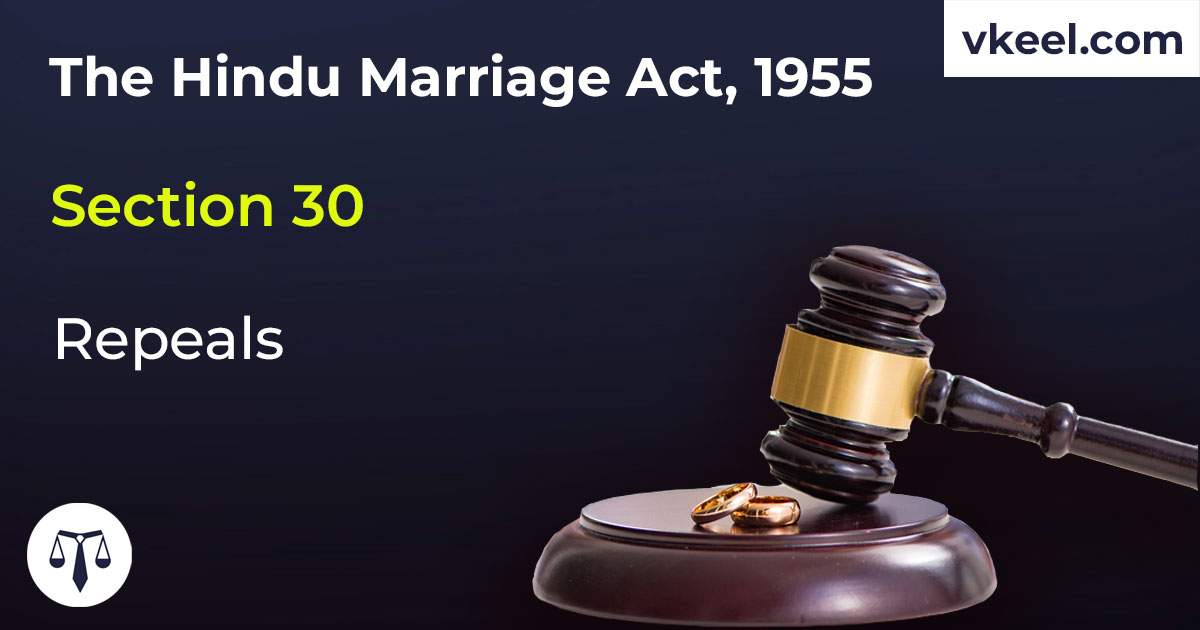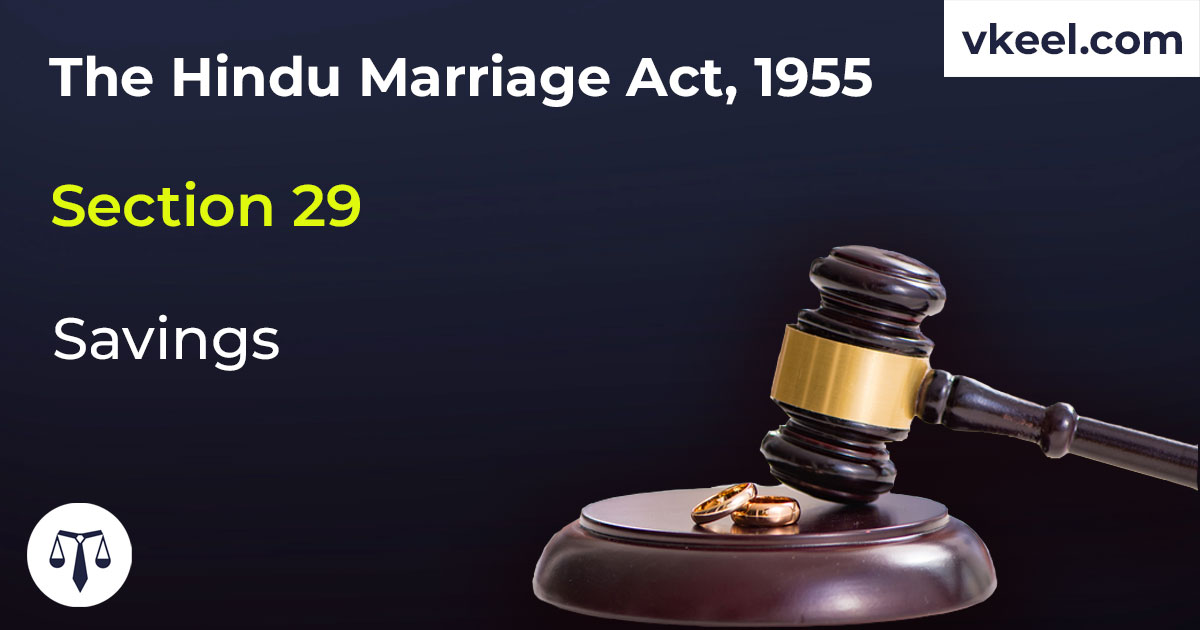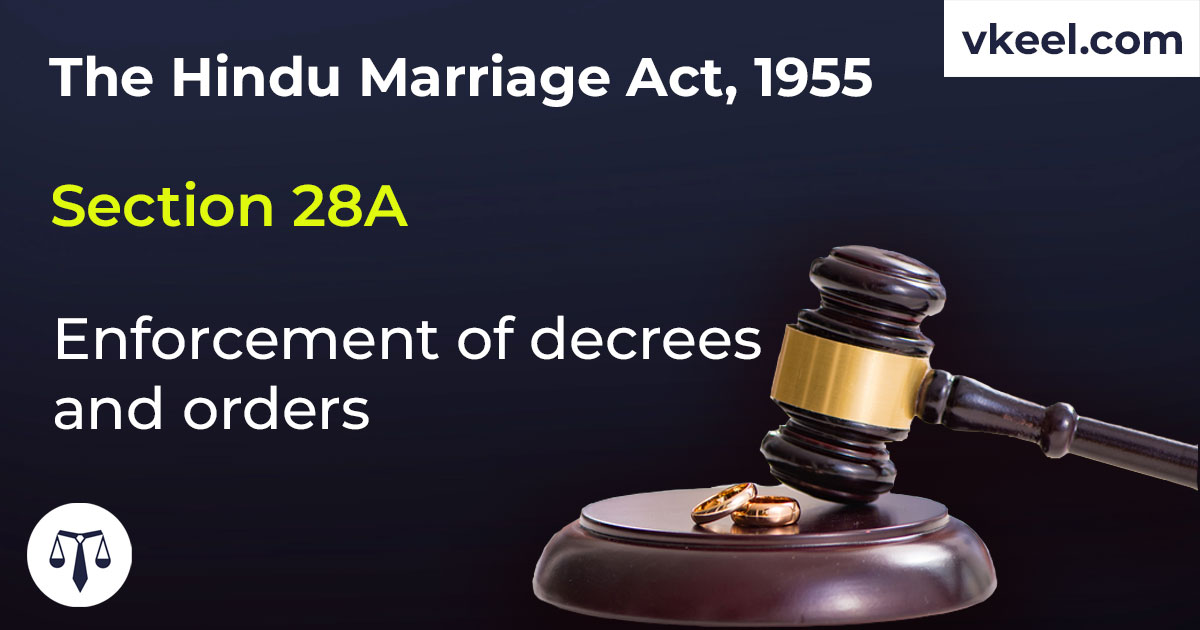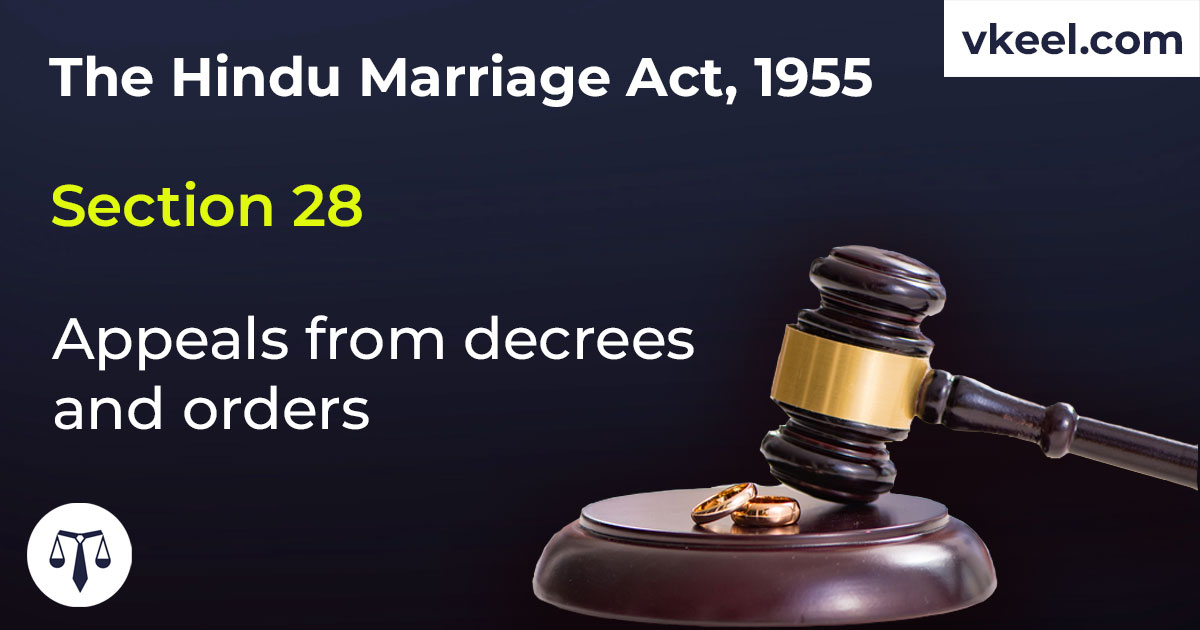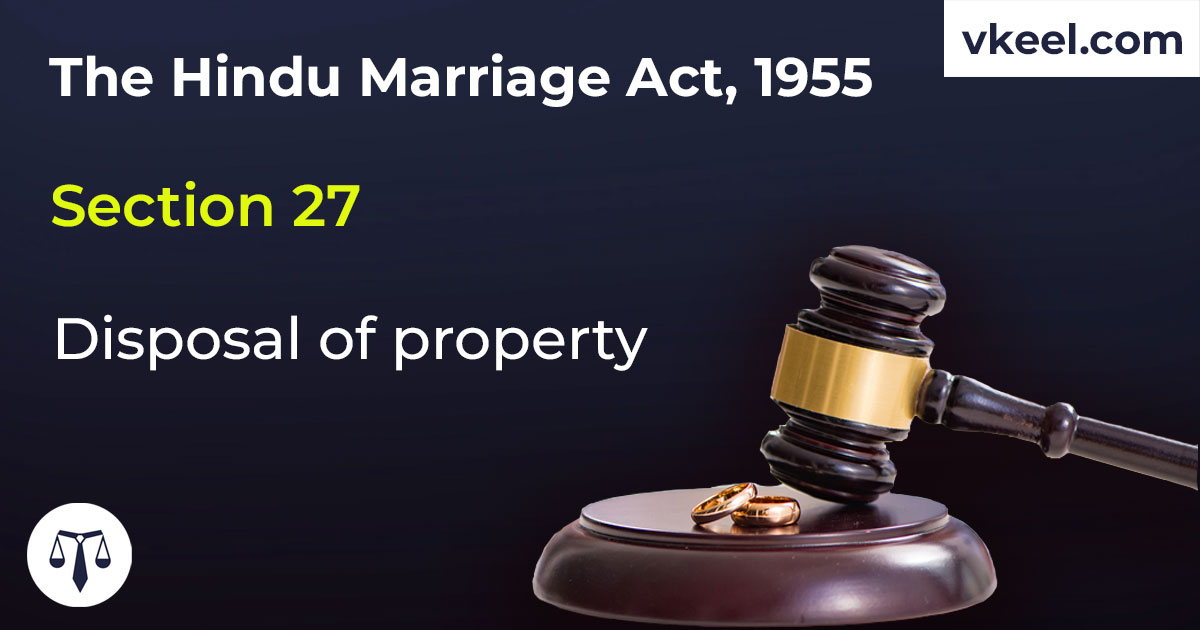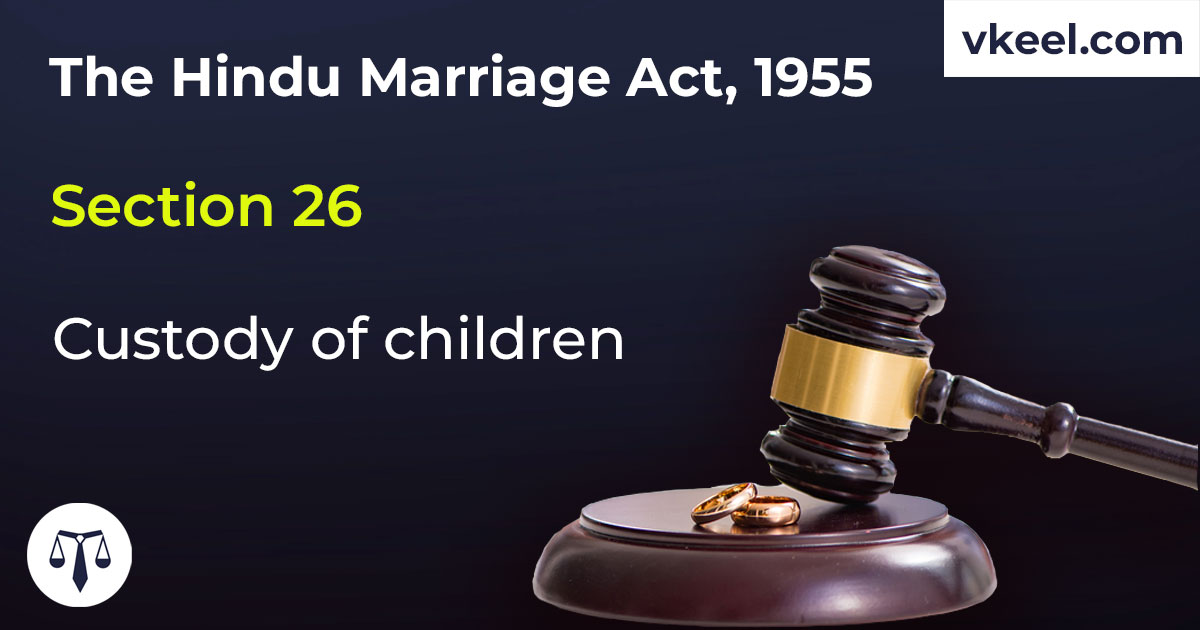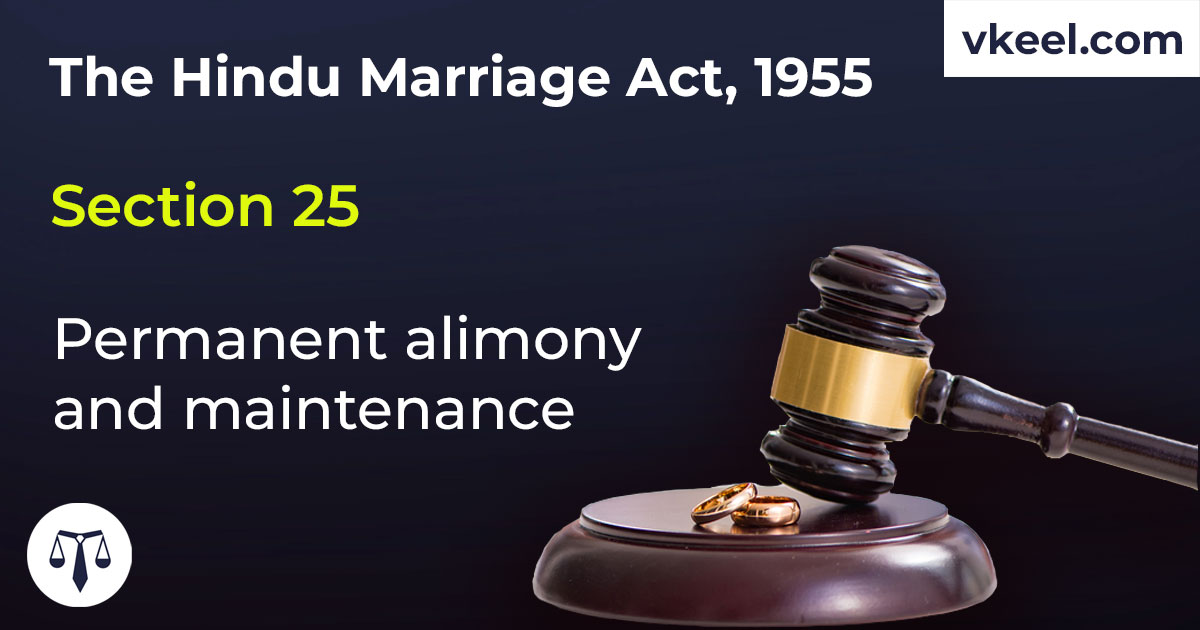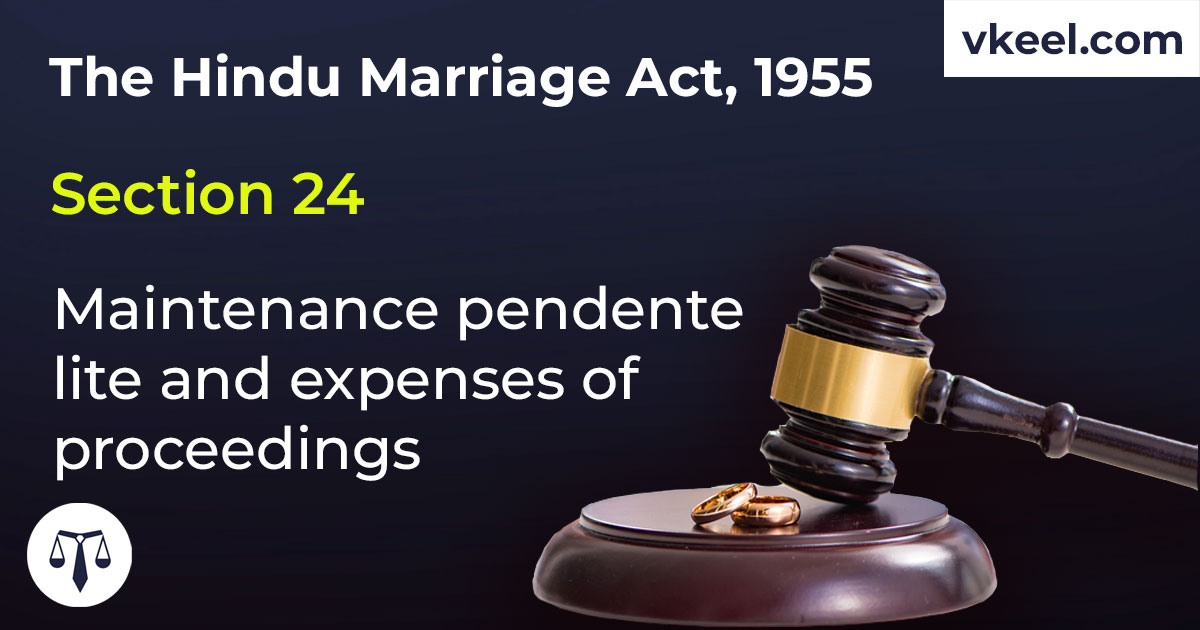Section 11 Hindu Marriage Act 1955 – Void marriages
By Vkeel Team
Description
“Section 11 Hindu Marriage Act 1955”
Any marriage solemnised after the commencement of this Act shall be null and void and may, on a petition presented by either party thereto 1[against the other party], be so declared by a decree of nullity if it contravenes any one of the conditions specified in clauses (i), (iv) and (v) of section 5.
Section 11 Hindu Marriage Act 1955 deals with void marriages
The Hindu Marriage Act of 1955 is an important piece of legislation in India that governs the marriage of Hindus. Section 11 Hindu Marriage Act 1955 deals with void marriages, which are those that are not legally recognized. According to the Act, a marriage is void if it is between two persons who are related to each other within the prohibited degrees of relationship, if either party has a living spouse at the time of the marriage, if either party is not of sound mind, or if the consent of either party was obtained by force or fraud.
The Act also states that a marriage is void if the parties are not Hindus, or if the marriage has not been solemnized in accordance with the customary rites and ceremonies of either party. Additionally, a marriage is void if the bridegroom is below the age of 21 years or the bride is below the age of 18 years at the time of the marriage.
The Act also provides for the consequences of a void marriage. It states that any children born out of such a marriage are legitimate and that the property of the parties to the marriage shall be divided in accordance with the provisions of the Act. Furthermore, the Act provides for the restitution of any gifts or presents made at the time of the marriage.
The Hindu Marriage Act of 1955 is an important piece of legislation that provides a legal framework for the marriage of Hindus in India. Section 11 Hindu Marriage Act 1955 deals with void marriages and outlines the conditions under which a marriage is considered void, as well as the consequences of such a marriage.
1. Ins. by s. 5, ibid. (w.e.f. 27-5-1976).
Description Source: indiacode
Disclaimer:
The information provided in the article is for general informational purposes only, and is not intended to constitute legal advice or to be relied upon as a substitute for legal advice. Furthermore, any information contained in the article is not guaranteed to be current, complete or accurate. If you require legal advice or representation, you should contact an attorney or law firm directly. We are not responsible for any damages resulting from any reliance on the content of this website.

